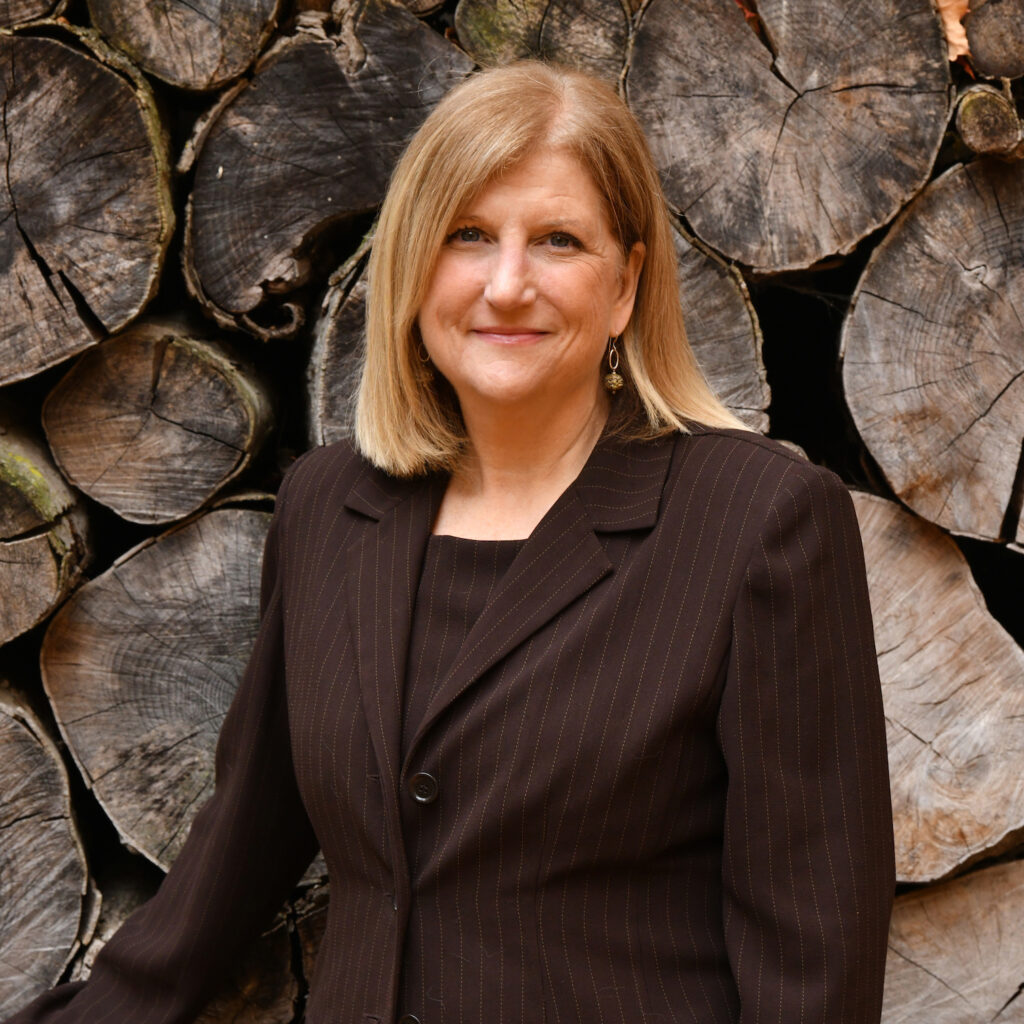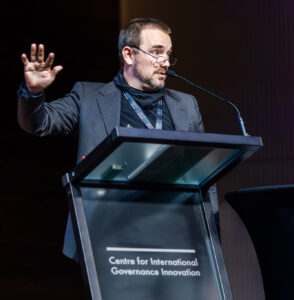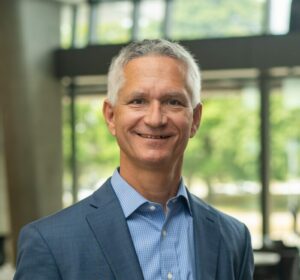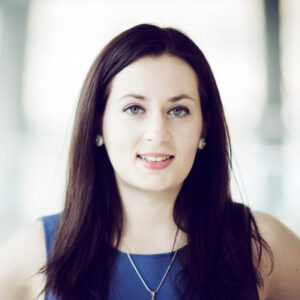York University history Professor Marcel Martel and research assistant Alex Gagné have collaborated with the Archives of Ontario to launch a new online exhibit titled Wine Making in Ontario. Through images, maps and graphs, the exhibit surveys wine production in Ontario from 1866 to 1940.
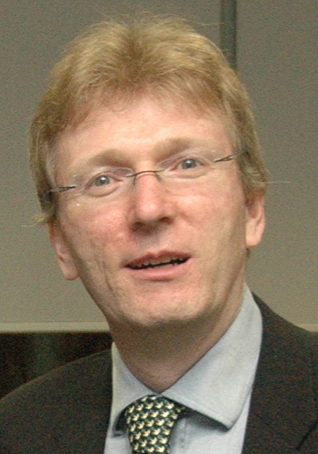
Martel and Gagné proposed the exhibit based on their surprising research findings of an active pre-Second World War wine industry that spanned the province, from Windsor to Sudbury.
“When I conduct research on an issue, there are always some unexpected discoveries,” explains Martel. “I was surprised to discover the number of wineries and wine sellers in urban areas, especially in Toronto, and the multicultural ethnic origins of wine makers and sellers, since most of them came from Britain, France, Italy and the United States.”
The exhibit shows how European settlers struggled to use Indigenous-cultivated grape varietals to make European-style wines. It examines the background of various figures in the industry, including farmers seeking wealth and international acclaim, but also Jewish and Italian migrants and women who made wine for domestic consumption. It also considers the impact of prohibition and other headwinds that ultimately delayed the industry’s flourishing until the 1990s.

“As we continued our research, we expected to find a landscape of grape growers and vintners in competition – each vying for their share of the Canadian market,” says Gagné. “Instead, we found a story of co-operation and unity among the multicultural wine makers who dotted the 19th-century Canadian landscape.”
Among their many surprising discoveries, the researchers learned that early Canadian winemakers would share grape cultivation, harvesting and hybridization secrets through publications like Canadian Agriculturist. This collaborative spirit, Gagné explains, aimed to overcome the prevailing belief that Canada’s climate wasn’t suitable for winemaking.
“They sought to convince both the government and the public to embrace Canadian wines,” he says. “While ultimately stymied by the rise of temperance movements and prohibition, their efforts revealed an industry defined by shared knowledge – and, often, even shared vine cuttings – to prove to the world that Canada was home to unique and delicious wine.”
In support of the online exhibit, the Archives of Ontario has also prepared a display of archival records and historical artifacts related to Ontario’s wine history that can viewed until fall when visiting the Archives in person at 134 Ian MacDonald Boulevard, next to the Kaneff Tower on York’s Keele Campus. The Archives is open to the public from 8:30 a.m. to 5 p.m. every weekday.
To view the online exhibit, visit Wine Making in Ontario (or La fabrication du vin en Ontario for the French version).






